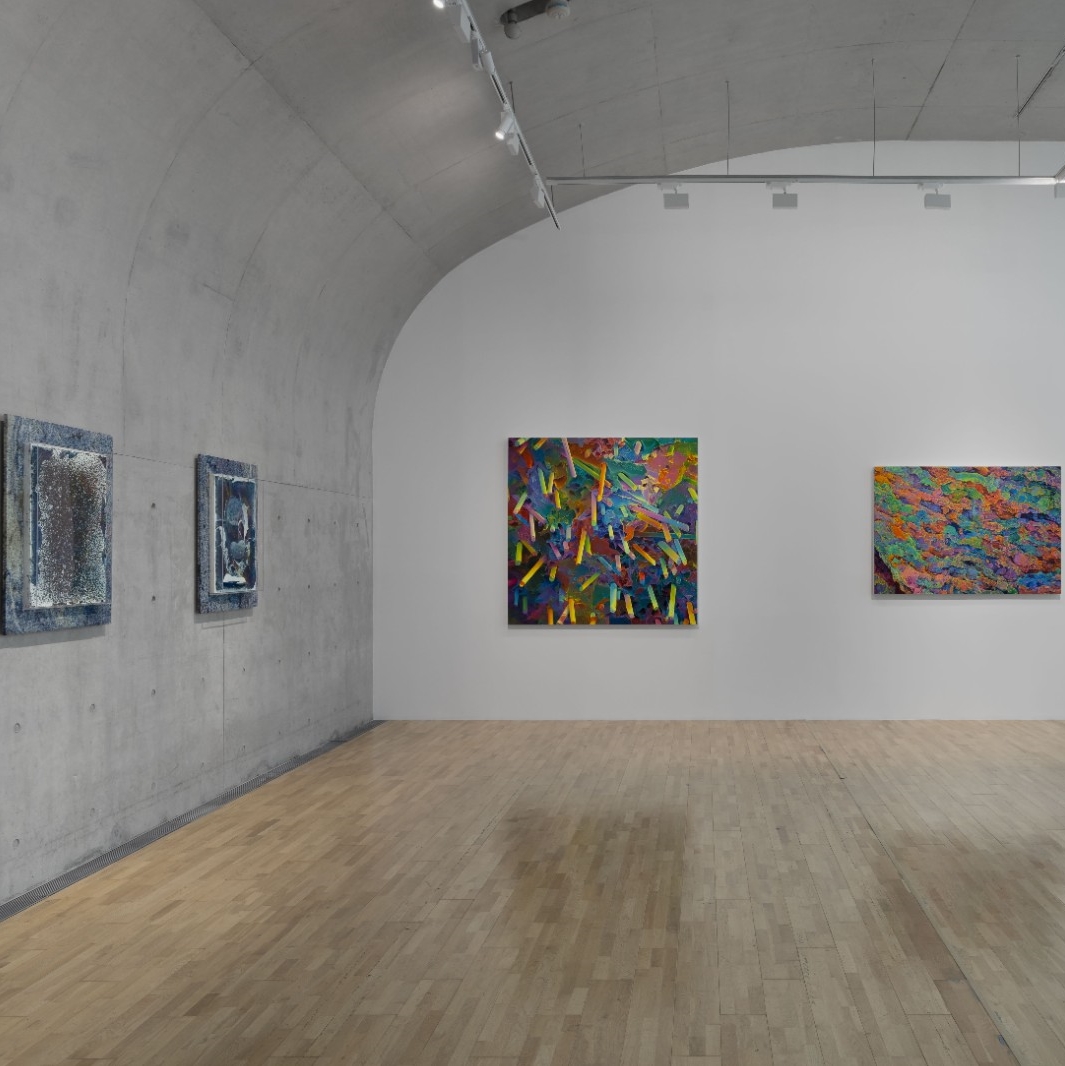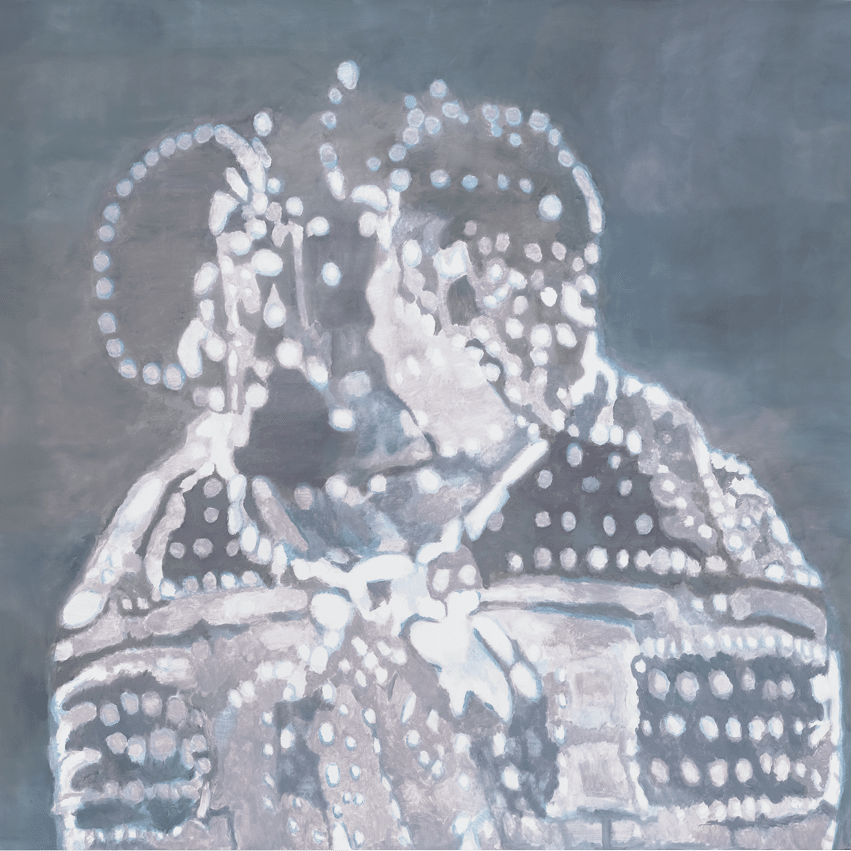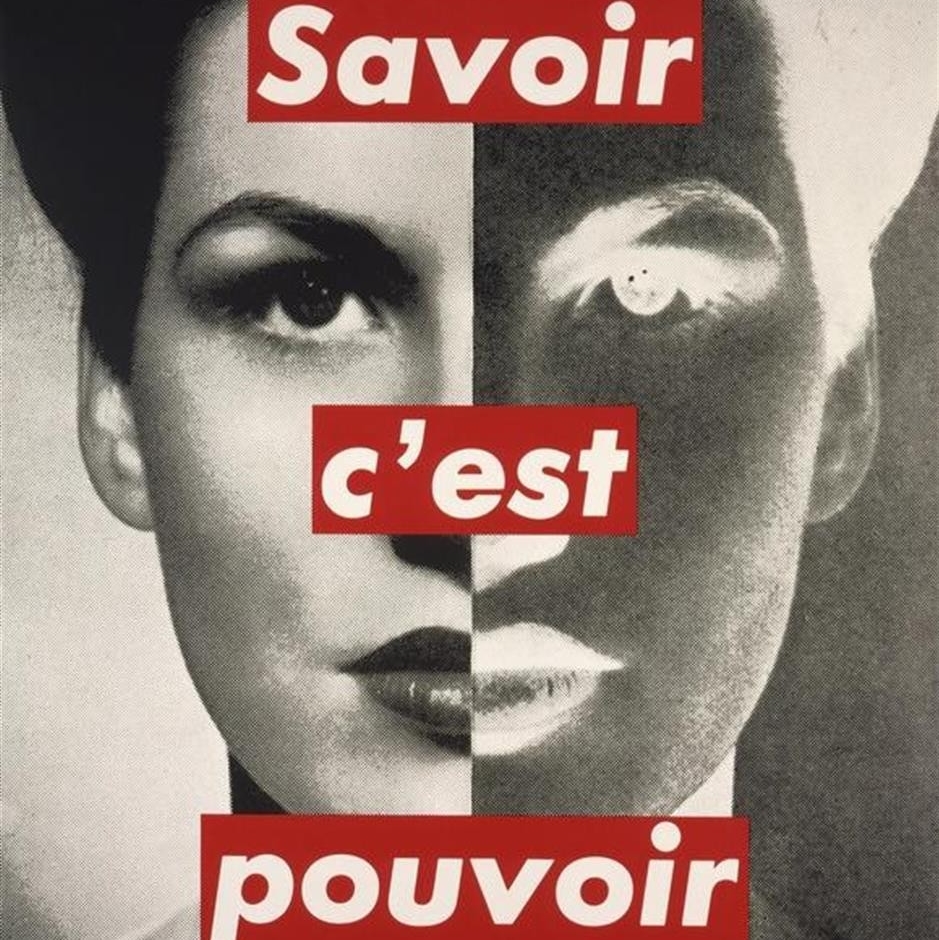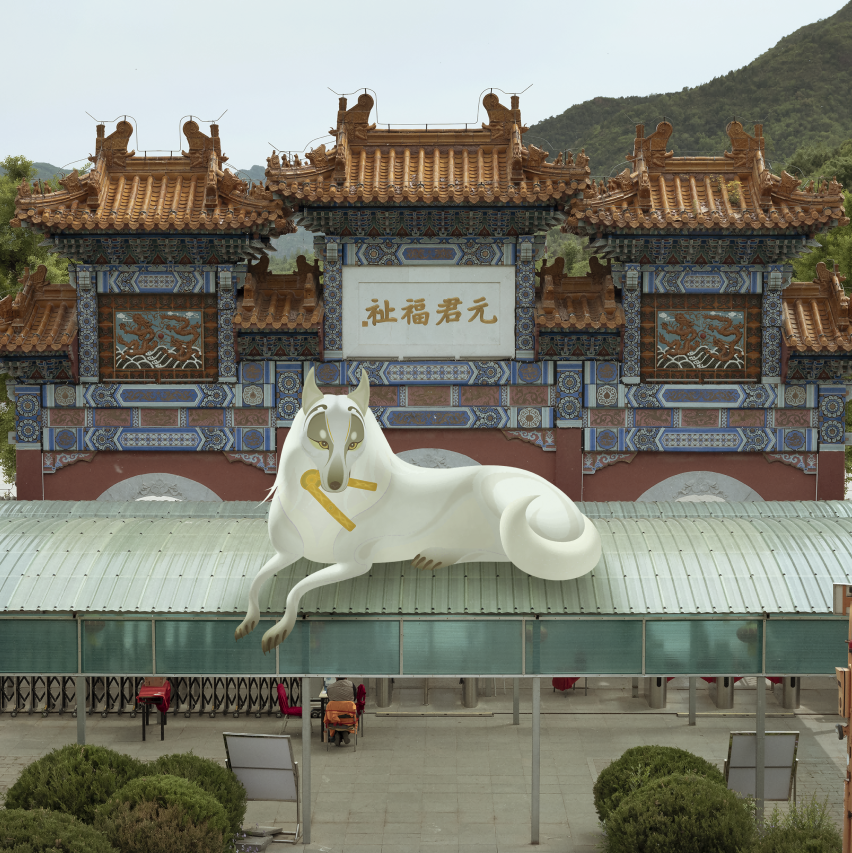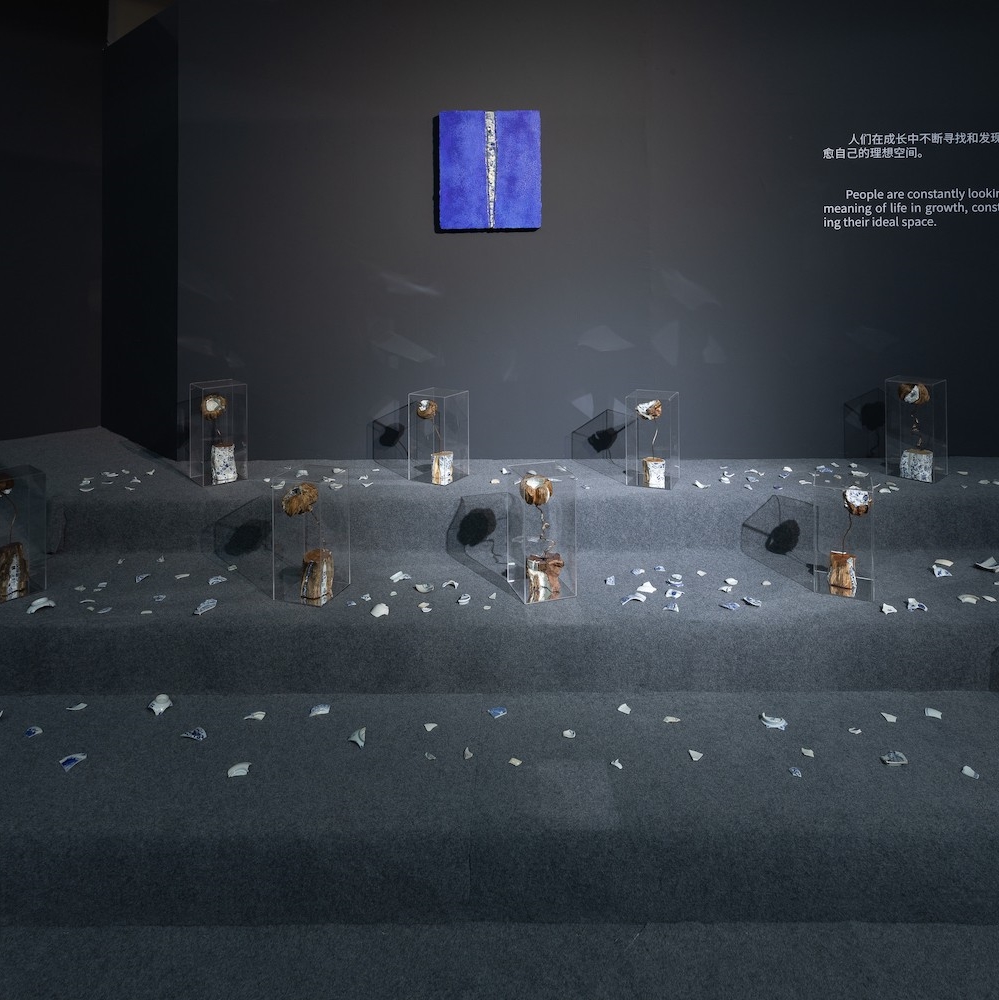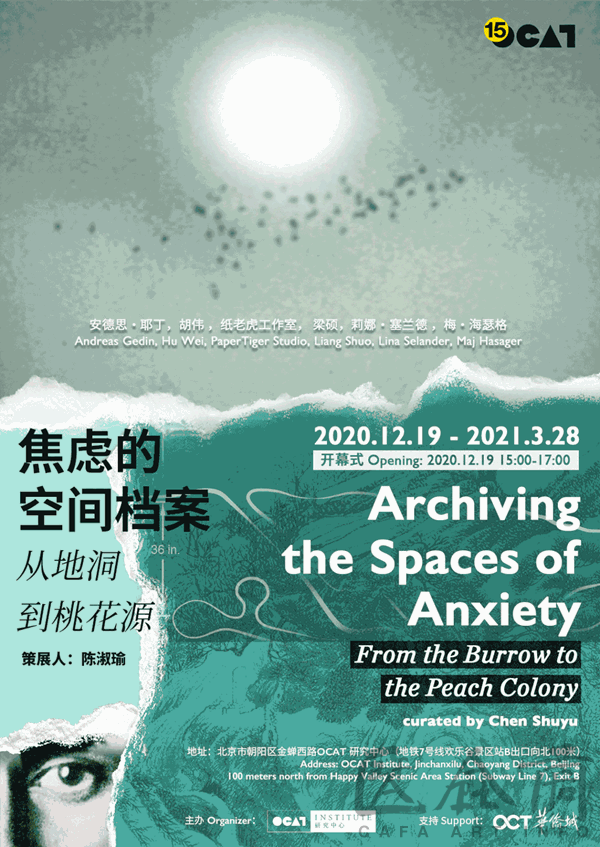
OCAT Institute announces the opening of the exhibition Archiving the Spaces of Anxiety: From the Burrow to the Peach Colony on December 19, 2020 at 3pm. The exhibition is the execution of the winning proposal of OCAT’s inaugural “2019 Research-Based Curatorial Project.” The exhibition remains on view till March 28, 2021.
Archiving the Spaces of Anxiety takes its form from a transitional path that links Kafka’s unfinished short story The Burrow (1923–1924) and Wu Li’s painting White Cloud and Green Mountain (1668), by looking into a set of intertwining relations between the external space that surrounds us, and the internal space that belongs to our body and our feelings.
In The Burrow, Kafka writes about an unknown creature tortured by anxiety and who thus keeps building his underground world in search of perfect security. Whereas Wu Li, in his long handscroll, paints a gateway that connects the real world to the world of illusion, interpreting one of the most well-known utopian stories in Chinese literature, The Fable of the Peach Blossom Spring by Tao Yuanming (365–427), also translated as The Peach Colony by Lin Yutang (1895–1976). The spatial experience created in literary imagination and artworks offer us a position to reflect on the real space in which “the erosion of our lives, our time and our history occurs” (Of Other Spaces by Michel Foucault, 1967).
Together with artists who research, act, and create around different types of spatial concepts, the curator proposes to construct “spatial archives” that explores anxiety in relation to the perceived physical space and the sensory bodily space. This is also to emphasize and explore the idea of “curatorial spatiality”—How does curating achieve spatiality by sensory means? How to create specific locations, relationships, and contexts for a series of “spatial archives” in an exhibition space so that “spatial archives” and “archival spaces” mutually propel and expand each other in a heterotopia of subjects and places.
The exhibition and public activities will take anxiety as the gateway to the realm of idealism and cast light on how space and body mutually construct each other in history and reality. Intertwining paths and reflections are to be explored, from the bodily cavity to the balcony that transgresses the boundary between the private and the public; from the elevated protagonist to the square where the collective and individual memories merge into each other; from körperbau (German, the body structure) that technologies currently take increasingly hold of, to the social body that turns things around with carnivalesque irony… OCAT Institute invites you to walk into the utopian city EUR and meet the Asian immigrants living in the underground world, when the sunsets it’s all red, and we are situated in an empty space in the image as a gap in history, how do we examine the relationship between political, utopian and emotional expressions in words and images? How do we find our way to leave from the unbearable pleasure of security and where to go?
This curatorial project is one of the forking paths of the theater research project initiated by PaperTiger Studio, and is led by Chen Shuyu into the context of curating. The world premiere is scheduled on October 5, 2021 at Muenchner Kammerspiele, Munich, Germany, then it will travel back to Shenzhen China in early 2022.
About the curator
Chen Shuyu currently lives in Sweden, working as a curator and has been involved in exhibitions and art projects since 2009. I believe the scope of curating is expanding today, and has been continuously producing knowledge. What interests me is the question of how we deepen and enrich our understanding of the world and of ourselves through curating.
About the exhibition
Dates: December 19, 2020–March 28, 2021
Venue: OCAT Institute, Chaoyang District, Jinchanxilu, Beijing, China
T: +86 10 6737 5518
Courtesy of OCAT Institute.


